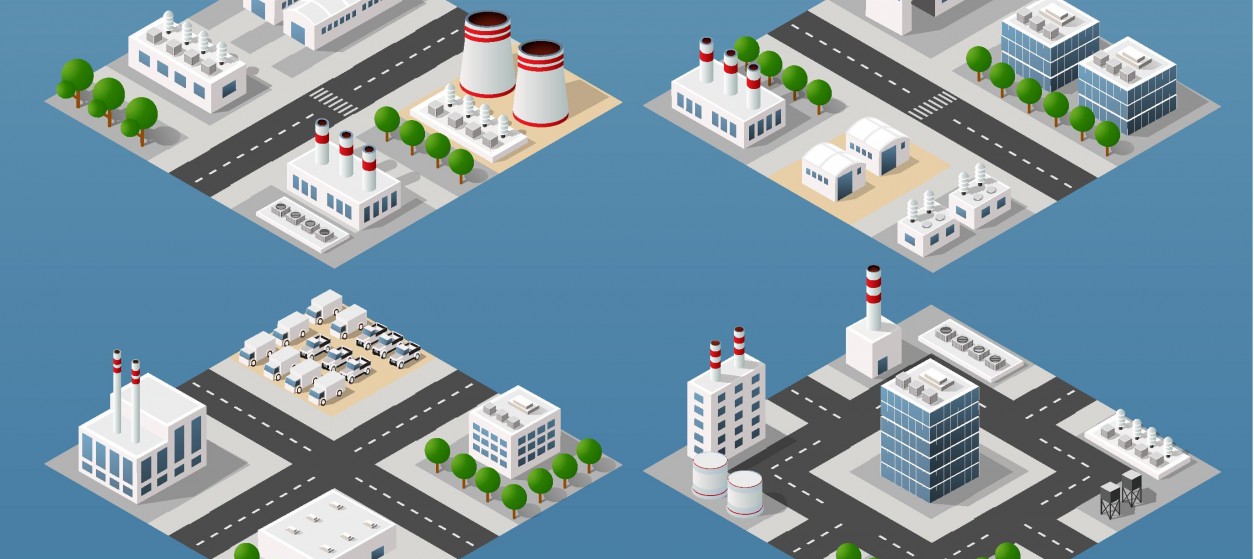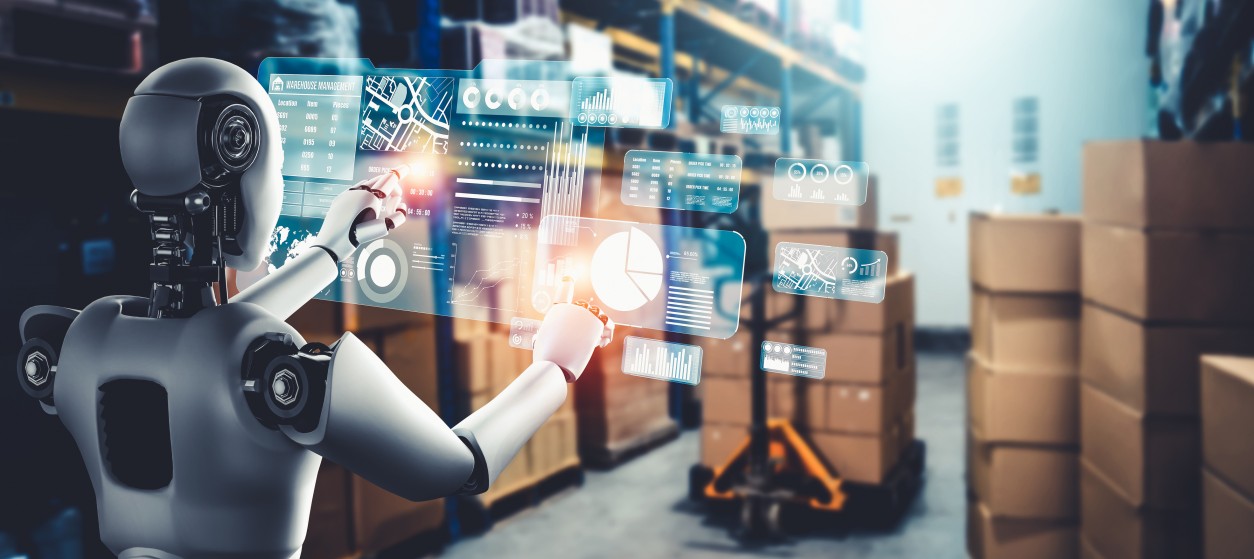An Enterprise Resource Planning (ERP) system is a core part of the enterprise software infrastructure. Companies of all sizes are nowadays deploying and using ERP platforms. The latter help them integrate data and business processes from different departments and enterprise functions such as finance, accounting, sales, marketing, production and human resources. ERP systems boost technology integration and help enterprises improve their managerial decision making through providing managers with a unified view of the organization.
ERPs have been around for over thirty years and are still evolving in terms of functional and technological sophistication. Their evolution is strongly influenced by latest business and technology trends. They still represent one of the biggest IT investments of an enterprise. That’s the reason why modern enterprises need to watch out for latest trends in order to optimize their return on their ERP investments. Specifically, ERP investment decisions should consider not only what is currently available but also what lies ahead in the ERP market.
ERP in the Clouds
In recent years major ERP vendors have completed the migration of their ERP products in the cloud. Cloud-based ERP products come with a host of flexibility, scalability and quality of service benefits for ERP customers. While the ERP-cloud integration trend is not new, we are currently witnessing its expansion towards SMB (Small Medium Businesses). The latter are increasingly investing in cloud-based ERPs to avoid costly capital expenditures for setting up on premise solutions. Using cloud-based ERPs small enterprises need not setup and maintain their own in-house IT systems. Furthermore, cloud-based ERPs alleviate their scalability concerns, as they are free to use the amount of computing resources they want, exactly when they need them. Hence, they can pay for computing resources as they grow, rather than having to invest based on risky estimates about the IT resources that they will need.
Tailored and Personalized Solutions
Even though off-the-shelf ERPs provide support for common business processes, each company is unique and has its own business needs. Therefore, the vast majority of ERP deployments involve a certain degree of customization. While ERP customization is nothing new, there is a clear trend towards creating ERP versions that are tailored to specific industries. In coming years, it is likely to see ERPs customized for specific sectors like manufacturing, energy, oil & gas, mining and logistics. Such versions will minimize the configuration effort that is currently associated with general purpose ERPs. The availability of cloud-based, customized ERP versions leads to increased flexibility for ERP customers, which are offered with more options at a minimum configuration and customization effort.
Mobile-First ERPs
ERP vendors are increasingly providing solutions that accommodate the needs of the proliferating mobile workforce. Such solutions involve the delivery of functionalities in mobile devices (e.g., smartphones, tablets), while leveraging information like the location of workers and products. In this context, a new generation of mobile-first ERPs is likely to emerge i.e. ERPs addressing the mobile user as a top priority. The latter are already important for a number of applications with rich mobility functionalities such as logistic applications that involve management of entire fleets of vehicles. As another example, field service engineering applications involve many mobile workers and can greatly benefit from mobile-first functionalities.
BigData and IoT Integration
Emerging ERPs are offering a wide range of BigData and IoT (Internet of Things) functionalities, which enhance the versatility and effectiveness of conventional ERP applications. For instance, BigData analytics enable more accurate forecasting in supply chain planning functions, such as predictions on how much to produce. As another example, the integration of IoT functionalities in modern ERPs enables significant improvements in asset management applications. Specifically, by collecting and processing data from sensors attached to an asset, state of the art ERPs enable condition-based maintenance models. Likewise, IoT devices like wireless sensor networks and RFID readers are integrated with novel ERP products to provide real-time visibility in supply chain management and logistics functions. IoT and BigData functionalities interact closely with each other as IoT data are usually managed and analyzed by the BigData infrastructures of modern ERP systems.
Improved Business Intelligence
Future ERP packages will include significant improvements in their ever-important business intelligence functionalities. Such improvements are driven by the above-mentioned integration of BigData management functionalities, which provide the means for integrating and processing data from a richer set of data sources. However, they are also propelled by the availability of more advanced visualizations of data, which facilitate ERP end-users (e.g., the business management) to derive and interpret unique insights for data-driven decision making. Overall, emerging ERPs will provide richer and more versatile business intelligence functionalities.
User Interfaces and Augmented Human Interactions
Beyond providing richer visualizations, future ERPs will revolutionize the ways human interact with ERP functions. Smart AI-based interfaces like voice-empowered search functionalities will be soon part of mainstream ERP packages. Such functionalities will greatly facilitate user interaction with ERP packages, much in the same way application like Alexa and Siri have changed the way users interact with smart homes and smartphones respectively. Specifically, they will make human-ERP interactions faster, efficient and more intuitive. One of the basic use cases for such human interfaces involves asking queries using Natural Language. Future ERP will increasingly integrate NLP (Natural Language Processing) functionalities in order to cope with such queries. Furthermore, we anticipate an evolution in the personalization, navigation, and ease of use of dashboards, charts and other user interfaces of modern ERP systems. This evolution is in-line with the personalization and business intelligence trends that have been presented in earlier paragraphs.
ERP systems are still one of the main pillars of enterprise IT infrastructures. Likewise, they are nowadays one of the main vehicles of the digital transformation of modern organizations. Recent advances in IT technologies and user behaviours are driving significant improvements to ERP systems and services. Modern organizations are offered with opportunities for leveraging on these improvements towards accelerating their digital transformation and offering more value to their users. Therefore, it is certainly worth keeping an eye on these trends when deciding about your current or future ERP deployments.











Fantastic overview of ERP Trends!